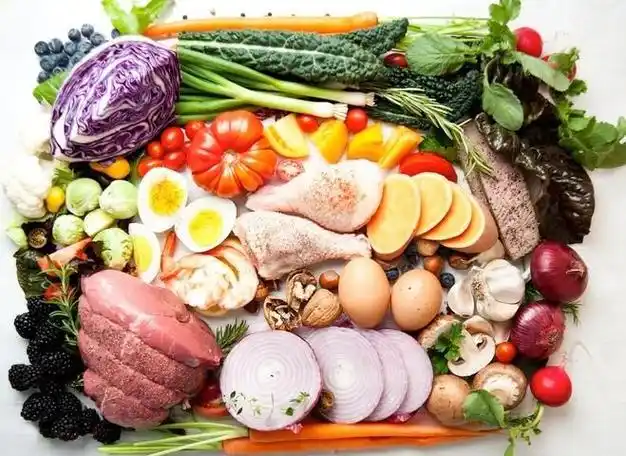
Living with arthritis involves managing pain and stiffness, but did you know your diet plays a crucial role? While no single food is a miracle cure, a consistent, anti-inflammatory eating pattern can help reduce inflammation, manage weight, and ease pressure on your joints.
Core Principles of an Anti-Inflammatory Diet
The goal is to focus on whole foods that fight inflammation while avoiding those that can trigger it.
- Embrace the Mediterranean Diet: This is widely recommended for arthritis. It emphasizes fruits, vegetables, whole grains, legumes, nuts, and healthy fats like olive oil, with moderate fish and poultry.
- Eat the Rainbow: Colorful fruits and vegetables are packed with antioxidants and polyphenols. These compounds combat oxidative stress, a key driver of inflammation. Berries, spinach, kale, and broccoli are excellent choices.
- Choose Fats Wisely: Not all fats are created equal. Prioritize anti-inflammatory omega-3 fatty acids, found in fatty fish (salmon, mackerel, sardines), walnuts, and flaxseeds. Use extra virgin olive oil as your primary cooking fat.
Key Nutrients for Joint Health
Incorporate these powerhouse nutrients into your meals:
- Omega-3 Fatty Acids: These are vital for reducing the production of inflammatory chemicals in your body. Aim for two servings of fatty fish per week.
- Antioxidants (Vitamin C, E, and Selenium): They protect your joints from cellular damage. Find them in citrus fruits, bell peppers, nuts, seeds, and whole grains.
- Spices with Benefits: Turmeric contains curcumin, a potent anti-inflammatory compound. Ginger also has proven inflammation-fighting properties. Add them generously to your cooking.
Foods to Limit or Avoid
Just as some foods help, others can worsen symptoms.
- Processed Foods: Highly processed snacks, frozen meals, and fast food often contain unhealthy trans and saturated fats, which can promote inflammation.
- Added Sugar: Sugary drinks, sweets, and pastries can trigger the release of inflammatory messengers called cytokines. Check labels for hidden sugars.
- Refined Carbohydrates: White bread, white rice, and pastries have a high glycemic index, which may also exacerbate inflammation.
A Simple Daily Approach
Start with small, sustainable changes. Plan your meals around vegetables and lean proteins. Swap a sugary snack for a handful of berries and nuts. Season your food with turmeric and ginger. Most importantly, work with your doctor or a dietitian to create a personalized plan that supports your joint health journey.
